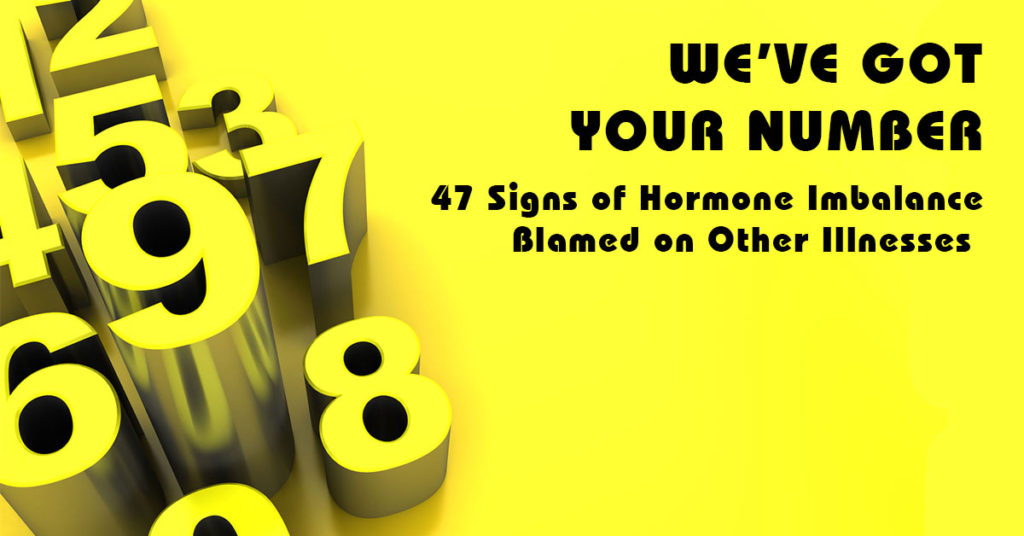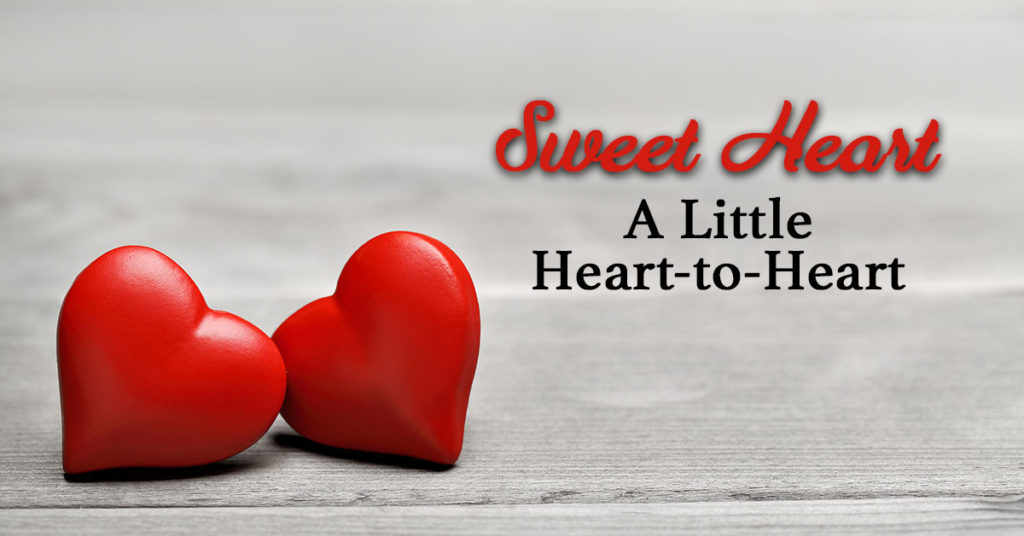We’ve Got Your Number – 47 Signs of Hormone Imbalance Blamed on Other Illnesses

The 8 Deadliest Infectious Diseases
- Influenza (Flu)
- HIV/AIDS
- TB (Tuberculosis)
- Anthrax
- MRSA Superbug (any bug is bad, but super bad?)
- Smallpox
- Bubonic Plague (not just in movies)
- Ebola
The moral of the story, is to be grateful you only get colds and sniffles.
26 Celebrities Living with Chronic Diseases
- Lada Gaga
- Nick Cannon
- Toni Braxton
- Seal
- Paula Abdul
- Trick Daddy
- Montel Williams
- Missy Elliot
- Michael J. Fox
- Lil Wayne
- Cher
- Kim Kardashian
- Venus Williams
- Lil Wayne
- Halle Berry
- Catherine Zeta-Jones
- Tom Hanks
- Pamela Anderson
- David Beckham
- Michael Phelps
- Miley Cyrus
- Robin Roberts
- Alec Baldwin
- Morgan Freeman
- Rosie O’Donnell
- Selena Gomez
They suffer from chronic diseases you wouldn’t imagine:
- MDS-Bone Marrow Disease
- Diabetes
- Heart Disease
- Fibromyalgia
- Lupus
- Parkinson’s
- Epilepsy
- Tachycardia
- Lyme Disease
- MS
- ADHD
- Asthma
- Graves’ Disease
- Hepatitis C
- Bi Bolar Disorder
- Rheumatoid Arthritis
Sometimes having it all, isn’t all it’s cracked up to be.
7 Things About Your Eyes You Should Be Aware Of
- Sudden blurry vision
- Bulging eyes
- Ring around your cornea
- Drooping eyelids
- Yellow whites of your eyes
- Eye twitches
- Night blindness
It’s critical to follow up if you see any of these symptoms, to see if something serious is causing them.
47 Signs of Hormone Imbalance Blamed on Other Illnesses
- Fatigue not relieved by rest
- Tired all the time/no energy
- Difficulty getting up in the morning
- Poor sleep
- Craving for salty or sugary foods
- Taking more effort to perform everyday tasks and duties
- Decreased sex drive
- Decreased ability to handle stress
- Increased time to recover from illness or injury
- Light headed when standing up quickly
- Light headed, dizzy, or nausea after periods of not eating
- Depression
- Lack of enjoyment or happiness
- Weight gain/loss
- Food intolerance
- Sinus problems
- Alcohol intolerance
- Excessive allergies
- Anxiety
- Digestive disorders
- Dry and thin skin
- Excessive hunger
- No hunger
- Hair loss
- Unexplained headaches
- Immune deficiencies
- Inability to concentrate
- Infections
- Liver disorders
- Chronic pain
- Inflammation
- Blood pressure problems
- Low body temperature
- Hot flashes
- Night sweats
- Mood swings
- Poor memory
- PMS
- Sleep disorders
- Tender breasts
- Weakness
- Difficulty building muscle
- Cramping
- Fluid retention
- Slow metabolism
- Irritability
- Chronic illness
Recognize any bothering you? Or maybe a few? Or maybe more?
The Single Most Experienced and Authoritative Specialist in Diagnosing and Treating Hormone Unbalances in the Denver Area:
- Stephen A. Goldstein, M.D, F.A.C.S. at Denver Hormone Health
Any number of things can go wrong with our bodies as you can see in the lists above. We can also suffer from other countless, often debilitating symptoms. What can it be? Regrettably, in many cases, symptoms stem from extremely serious and even fatal diseases. But in more cases than you could imagine, it could be that you are simply suffering from unbalanced hormones. At Denver Hormone Health, you can get answers. With the endless number of Dr. Goldstein’s qualifications, you can get impeccable care that will leave you feeling your absolute best. With simple tests, he can determine the source of your problems and create a treatment plan tailored to your needs. Give us a call now. It’s the best care you can get.
Count on it.


